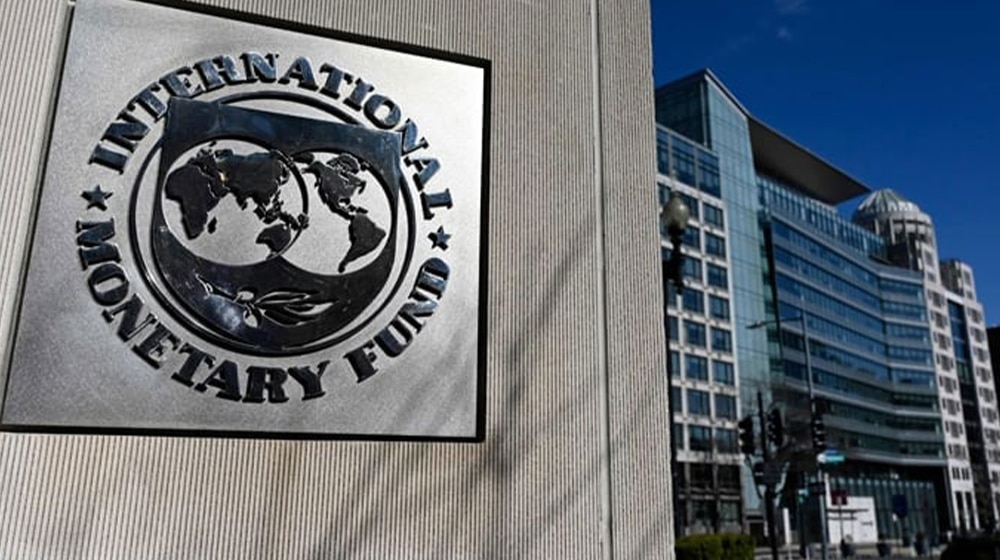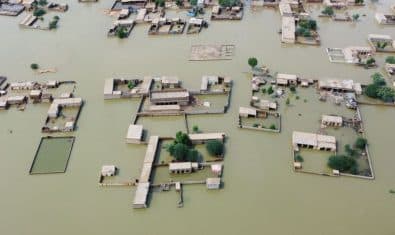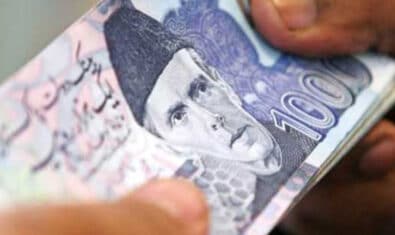The International Monetary Fund (IMF) is understandably unimpressed with Pakistan’s revised Rs. 952 billion ‘Circular Debt Management Plan’ (CDMP).
The lender has asked Pakistan to withdraw unbudgeted electricity subsidies for exporters and other sectors from its revised CDMP plan prepared by the Power Division and further urged the government to fill the Rs. 675 billion unbudgeted gaps in power subsidies with higher electricity tariffs and other revenue-generating measures, reported a national daily.
The Power Division had earlier prepared a revised strategy to eliminate the Rs. 975 billion circular debt that it had now projected in direct contradiction to its previous commitment to the IMF to keep the flow at zero. However, the plan was ‘voted out’ by the lender because of erroneous assumptions and the government’s insistence on promulgating Rs. 675 billion in additional subsidies.
According to the revised CDMP, monthly circular debt reports are published by the Power Division on the 18th of each month. Surprisingly, the most recent report available on the ministry’s website is from October 2021.
The government informed the IMF that it would impose quarterly surcharges to reduce the flow of circular debt by another Rs. 73 billion. From now until June, the cost of electricity will rise by an additional Rs. 3.62 to Rs6.14 per unit, excluding the impact of the pending Fuel Cost Adjustments (FCAs).
Additionally, the government also proposed a gradual phase-out plan for agricultural tube-well subsidies, with the goal of eliminating them entirely by the middle of 2025. This plan, however, was rejected by the IMF.
The IMF’s first set of findings may complicate matters for the government as it still wants additional subsidies alongside the recommended tariff hikes. After receiving no support from foreign nations, Pakistan’s economic survival is dependent on the success of these 10-day-long talks.
The IMF is of the view that because of little to no fiscal space for additional subsidies, the government has no choice but to bridge the gap through hikes in electricity prices and other contingency measures. The crisis lender has further requested the government to submit a proposal on higher tariffs, including the withdrawal of the Rs. 143 billion exporters’ package.
The Fund openly expressed dissatisfaction with the Power Division’s performance so far which has since last year failed to improve the sector’s finances. Instead of honoring commitments, the CDMP plan projects a further increase in the circular debt to Rs. 275 billion, despite tariff increases in the coming weeks, something the IMF rejected yesterday.
The IMF reiterated its stance on the country’s spiraling circular debt, which stood at Rs. 2.25 trillion at the end of the fiscal year 2021-22. From how it looks, the power sector is the second non-negotiable area for the IMF after the exchange rate where the government will not be able to get relief this time due to its past failures.





















